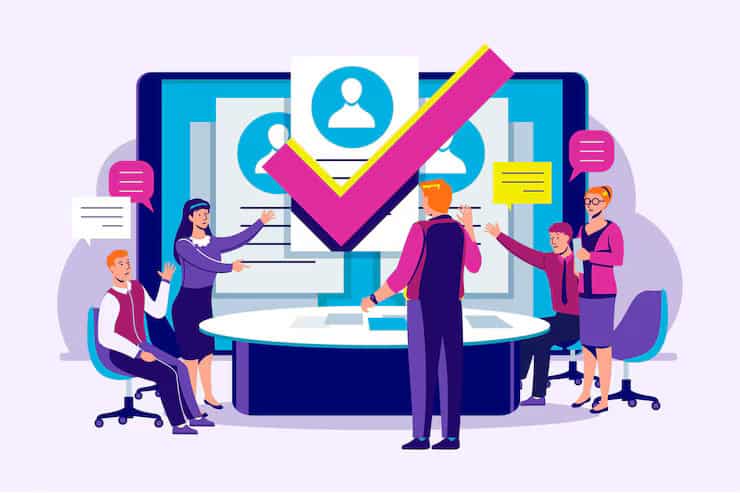The Power of Financial Literacy: How Educated Money Choices Uplift Women Globally

Financial literacy is a critical skill for women globally, as it empowers them to make informed Read More
Why is financial literacy important for women?
Financial literacy is especially important for women because they are more likely than men to earn less money overall, take longer breaks from work to care for children or other family members, struggle financially in old age, and retire with slightly less money than men. Because of this, women are more likely than men to experience financial hardship in old age and to retire with slightly more than half of the superannuation.
How does financial literacy lead to empowerment?
Financial literacy leads to empowerment in several ways:
- Confidence: Financial literacy helps women feel more confident about themselves and their worth, enhancing their pay negotiation skills. It also helps them take charge of their personal finances, make investment decisions, and seek financial advice.
- Better decision-making: Financial literacy empowers women to make informed decisions about their finances, create sustainable budgets, and manage their money better. This, in turn, helps them achieve their financial goals and build wealth over time.
- Improved financial well-being: Financial literacy helps women improve their financial well-being by taking control of their debt, understanding their cash flow, building their retirement savings, and implementing strategies to build wealth.
Examples and case studies
Australia
In Australia, financial literacy is a critical skill for women, as they are more likely to struggle financially in old age and retire with just over half the amount of superannuation as men. To address this, the Australian government has launched several initiatives and incentives to improve financial literacy among women, such as:
- MoneySmart: A government website that provides free and impartial financial guidance and tools to help women make informed decisions about their finances.
- Superannuation Guarantee: A government initiative that requires employers to contribute a minimum amount to their employees’ superannuation funds.
United States
In the United States, financial literacy is also crucial for women, as they are 35% more likely to live in poverty and 5 times more likely to live paycheck to paycheck than men. To address this, several organizations have launched initiatives to improve financial literacy among women, such as:
- Savvy Ladies: A non-profit organization that provides free financial advice, guidance, and courses to women across the U.S. Their community of professional volunteers offers guidance on a range of financial topics, from budgeting to retirement planning.
Developing countries
In developing countries, financial literacy is crucial for women’s economic empowerment and achieving financial well-being. For example, in Bangladesh, a microfinance program called Grameen Bank has helped millions of women gain access to credit and financial services, enabling them to start their own businesses and improve their economic status. In India, the Self-Employed Women’s Association (SEWA) has helped thousands of women gain access to financial services, such as savings accounts and microcredit, enabling them to start their own businesses and improve their livelihoods.
Conclusion
Financial literacy is a critical skill for women globally, as it empowers them to make informed decisions about their finances, create sustainable budgets, and manage their money better. By improving financial literacy among women, we can help them achieve their financial goals, build wealth over time, and improve their economic status and well-being.
Related Posts

Breaking Barriers: Women Leading Change In Procurement Management

Empowering Young Girls with Financial Education: A Seven-Point Plan for Schools and Families


